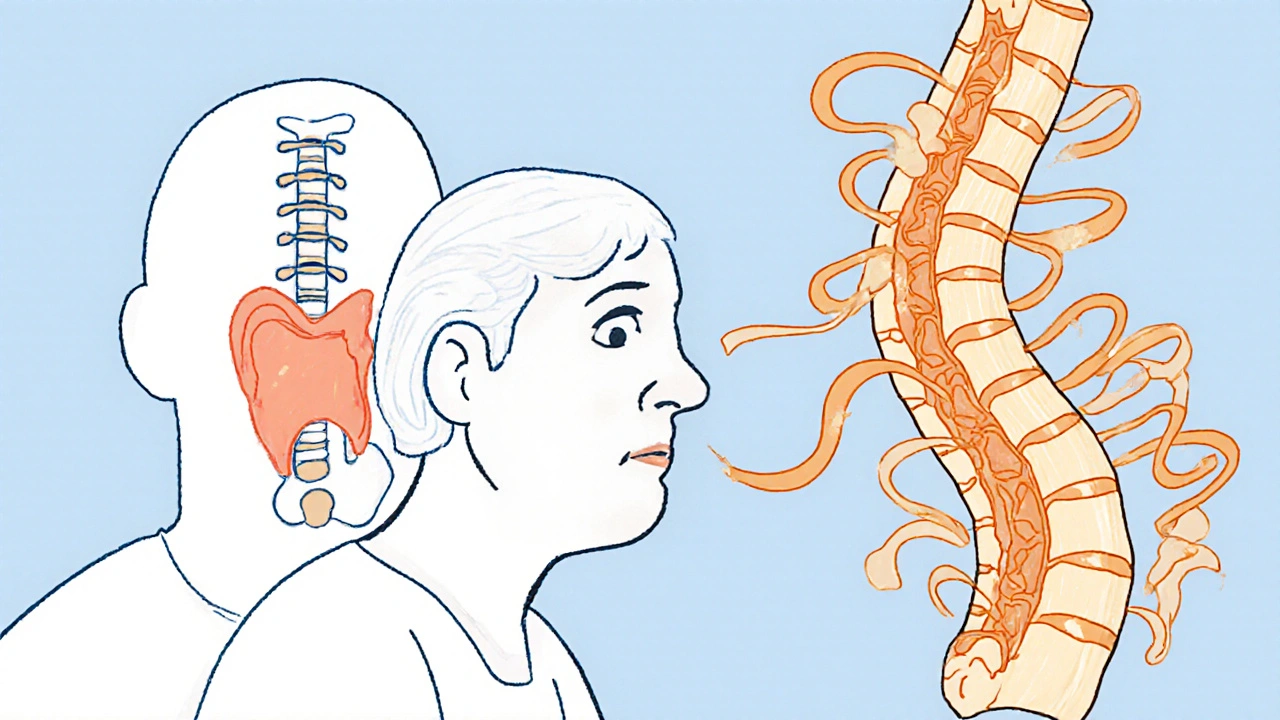Bone Health Basics: Nutrition, Exercise, and Safe Supplements
Strong bones aren’t just for athletes – everyone needs them to stay mobile and pain‑free. Luckily, you don’t have to be a nutritionist or a gym rat to keep your skeleton in good shape. In the next few minutes you’ll get clear, practical steps you can add to your daily routine.
Eat Right for Strong Bones
Calcium is the star player, but you only absorb what your body can use. Dairy products like milk, yogurt, and cheese pack a lot of calcium, but leafy greens such as kale, bok choy, and collard greens also do the trick without the extra calories. Aim for about 1,000 mg of calcium a day if you’re under 50, and 1,200 mg after that – the extra dose helps offset the natural loss that comes with age.
Vitamin D is the sidekick that tells your gut to absorb calcium. Sunlight is the cheapest source: 10‑15 minutes on your forearm a few times a week can make a big difference. If you spend most of your time indoors, consider a daily vitamin D3 supplement of 800‑1,000 IU. Check your blood level if you’re unsure; a simple test can tell you if you’re in the optimal range (30‑50 ng/mL).
Don’t forget magnesium and vitamin K2. Magnesium helps convert vitamin D into its active form, and K2 pushes calcium into the bone instead of the arteries. A handful of nuts, seeds, and fermented foods such as natto or sauerkraut cover these nutrients without a pill.
Move to Strengthen Your Skeleton
Weight‑bearing activities are the most efficient way to stimulate bone growth. Think walking briskly, jogging, dancing, or using a stair‑climber. Even short bouts – 10 minutes a day – add up if you’re consistent.
Resistance training takes the benefit a step further. Lifting light to moderate weights, doing body‑weight squats, or using resistance bands forces bones to adapt and become denser. Aim for two to three sessions a week, focusing on large muscle groups like legs, hips, and back.
Balance exercises matter, too. Yoga or simple heel‑to‑toe walks improve coordination, reducing falls that could cause fractures. Pair a balance routine with strength work for a well‑rounded plan.
When it comes to supplements, less is more. If you hit your calcium and vitamin D goals through food, you probably don’t need a high‑dose calcium pill. Excess calcium can lead to kidney stones or interfere with iron absorption. Choose a reputable brand, follow the label, and talk to a healthcare professional if you have kidney disease or take blood‑thinning meds.
Finally, lifestyle habits can silently erode bone health. Smoking, heavy alcohol, and chronic high‑cortisol stress all speed up bone loss. Cutting back on cigarettes, limiting alcohol to two drinks a day, and finding stress‑relief techniques like walking or meditation can make a measurable difference over time.
Putting these pieces together doesn’t require a complete overhaul. Swap a sugary snack for a cup of fortified soy milk, add a 15‑minute walk after dinner, and do a quick set of squats before bed. Small, consistent actions add up to stronger bones and a healthier you. If you have specific health concerns or are considering a new supplement, checking with the SES‑CAB Clinical Advisory Board can give you peace of mind and personalized guidance.
How Parathyroid Hormone Treats Osteoporosis: Benefits, Risks & Clinical Guide
- Cheryl Moran
- October 21, 2025
- 8 Comments
Explore how parathyroid hormone works as an osteoporosis treatment, its approved drugs, clinical evidence, side effects, and practical guidance for patients.
read moreIbandronate Sodium Success Stories: Real-Life Impact on Bone Health
- Cheryl Moran
- September 14, 2025
- 21 Comments
Discover how ibandronate sodium improves bone density and reduces fractures through real-life patient stories, dosing tips, safety guidance, and comparisons with other bisphosphonates.
read more
